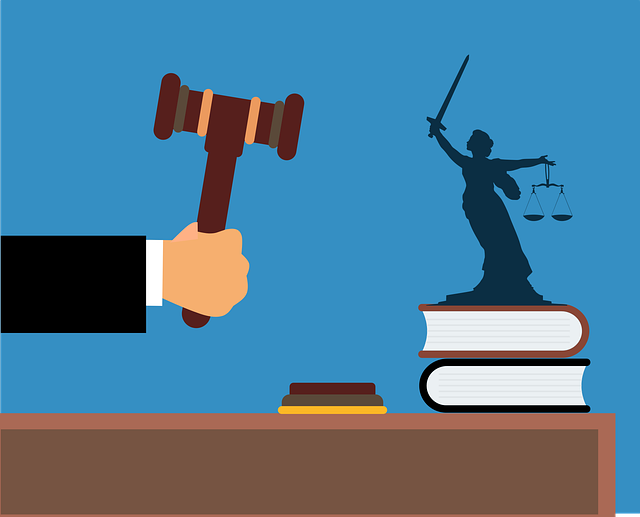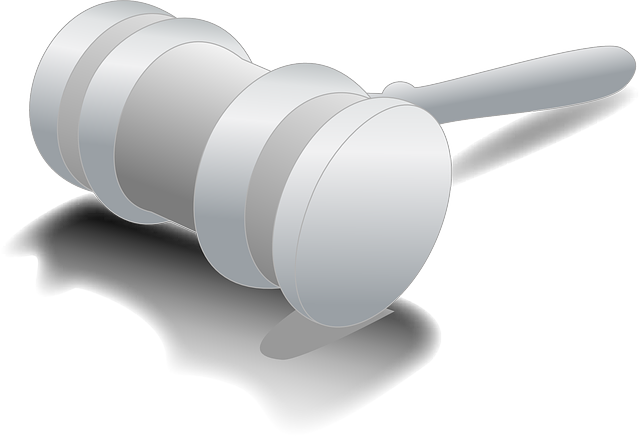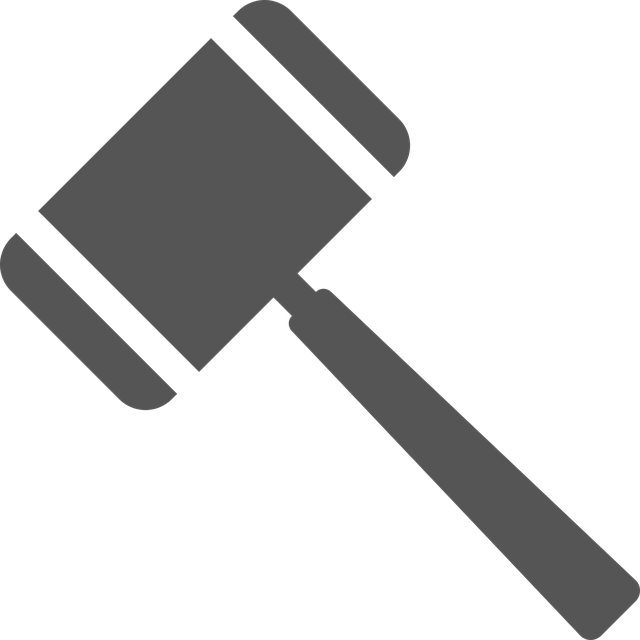Personal injury cases, a critical aspect of criminal law, aim to compensate individuals harmed by another's negligence or intentional acts. To succeed, plaintiffs must prove duty of care, breach, causation, and damages, with calculation vital for medical expenses, lost wages, pain & suffering. Damages in criminal law serve beyond punishment, aiming to restore justice; this process considers both tangible (economic) and intangible (pain, emotional distress) losses. Experts use detailed financial analyses and intangibles assessment to secure just compensation, emphasizing thorough preparation and compelling arguments.
Criminal law cases, especially those involving personal injury, require a deep understanding of both legal principles and the tangible impact on victims. This article navigates the intricate world of personal injury claims within criminal law, focusing on key elements and responsibilities. We delve into the critical role of damages in compensating victims fairly. Furthermore, we explore various methods for calculating damages in these complex cases, emphasizing the considerations that ensure just and proportionate resolutions. Understanding these dynamics is essential for both legal professionals and those seeking redress.
- Understanding Personal Injury Cases: Elements and Responsibilities
- The Role of Damages in Criminal Law: Compensating Victims
- Calculating Damages: Methods and Considerations in Personal Injury Cases
Understanding Personal Injury Cases: Elements and Responsibilities

Personal injury cases are a significant subset of criminal law that deal with compensation for harm caused to an individual due to another person’s negligence or intentional actions. Understanding these cases requires a grasp of several key elements, including duty of care, breach of that duty, causation, and damages. The victim must prove that the defendant owed them a duty, that the defendant breached that duty, and that this breach directly caused their injuries.
Calculating damages in personal injury cases is a crucial aspect, often determining whether the plaintiff receives compensation for medical expenses, lost wages, pain and suffering, and other related losses. These high-stakes cases can vary widely across the country, with complex legal strategies employed by both plaintiffs and defendants, particularly in winning challenging defense verdicts. Responsibilities are clear: victims deserve fair compensation for their injuries, while defendants must be held accountable for their actions.
The Role of Damages in Criminal Law: Compensating Victims

In criminal law, damages play a pivotal role beyond merely punishing offenders. Compensating victims is an essential aspect that aims to restore their sense of justice and provide relief for losses suffered due to crimes. Calculating damages in personal injury cases, for instance, involves assessing both tangible and intangible elements. Tangible damages refer to economic losses like medical bills, lost wages, or property damage, while intangible damages encompass pain and suffering, emotional distress, and loss of quality of life.
The process of determining these damages is crucial, especially in white-collar and economic crimes, where the impact on victims might be less apparent but no less significant. Unlike civil lawsuits that may lead to a complete dismissal of all charges, criminal law seeks to hold perpetrators accountable while also offering support to affected individuals and their philanthropic and political communities through adequate compensation.
Calculating Damages: Methods and Considerations in Personal Injury Cases

In personal injury cases, calculating damages is a crucial step to ensure that the victim receives fair compensation for their injuries and losses. This process involves meticulous evaluation of various factors such as medical expenses, lost wages, pain and suffering, and potential long-term disabilities. Experts in white collar defense often play a significant role in these calculations by presenting detailed financial analyses and prognoses based on medical reports and industry standards. The methods employed can range from straightforward documentation of immediate costs to complex models projecting future earnings and care requirements.
Considerations extend beyond economic losses, encompassing non-economic damages like emotional distress and physical pain. Jurors in jury trials across the country are tasked with assessing these intangibles, which can significantly impact the overall damage award. The complexity of calculation varies depending on case specifics, making it imperative for legal teams to prepare thoroughly and present compelling arguments to support their damage estimates—a key element in securing just compensation for the injured party.
In conclusion, understanding personal injury cases, their elements, and responsibilities is paramount in criminal law. The role of damages plays a crucial part in compensating victims, ensuring they receive fair redress for their losses. By delving into the methods and considerations involved in calculating damages within personal injury cases, legal professionals can navigate this complex landscape effectively, fostering justice and supporting victims’ recovery. This comprehensive approach to understanding and managing damages is essential in achieving a harmonious balance between punishment and rehabilitation in criminal law.






